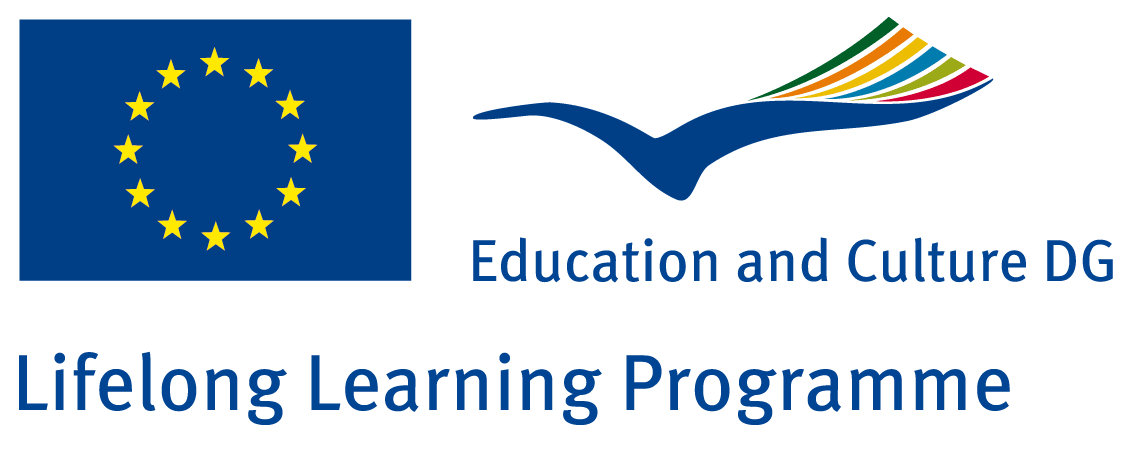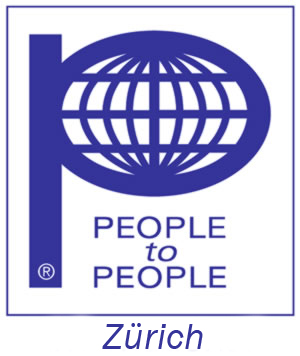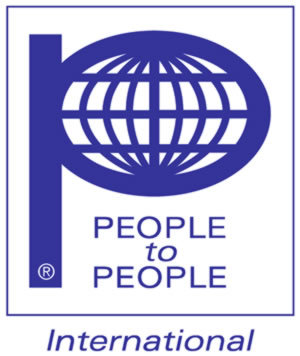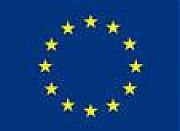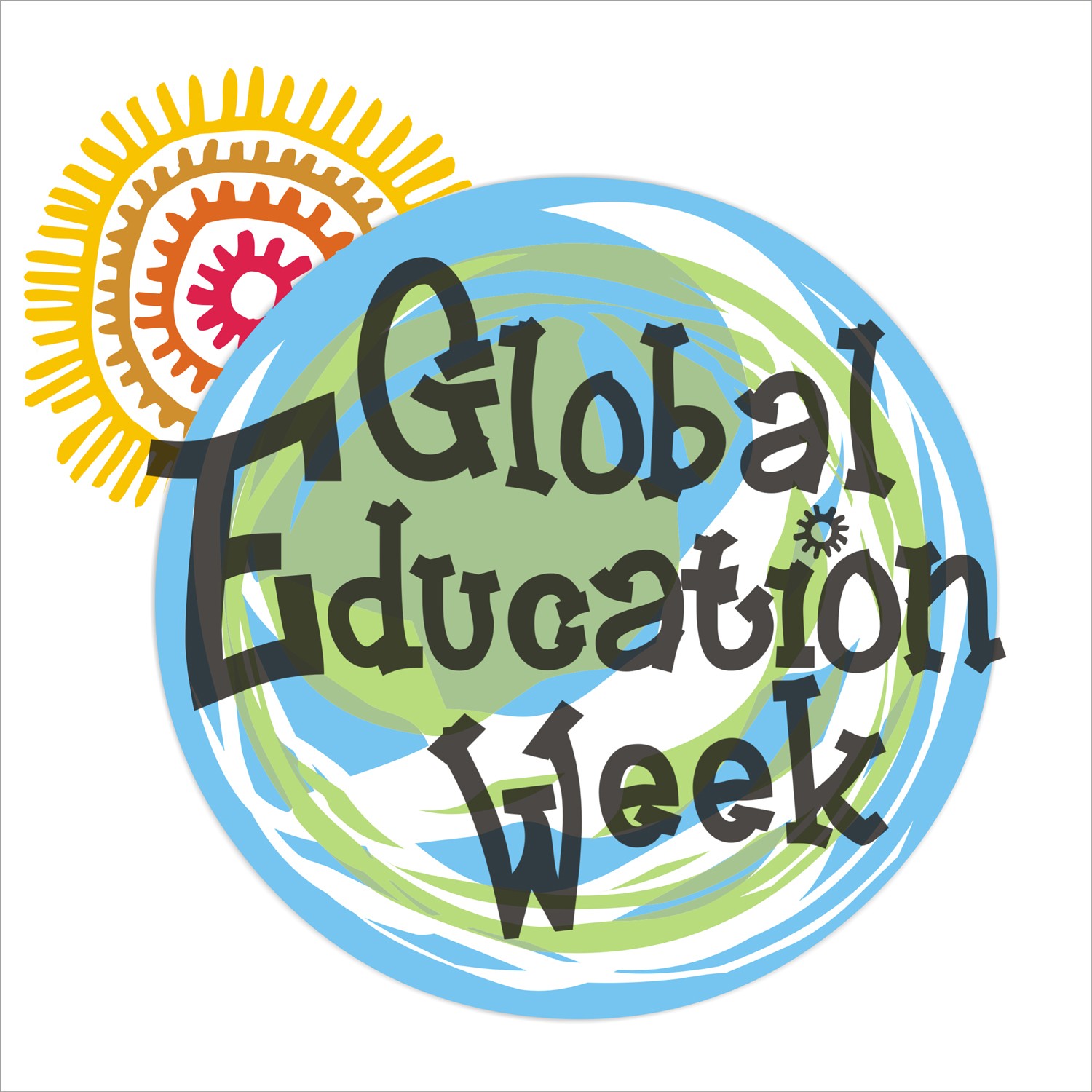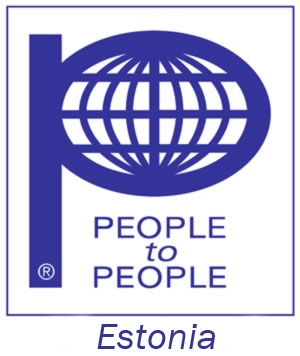Media literacy in adult education
Number of contract 2016-1-PL01-KA204-026024
"Media literacy in adult education" is Erasmus+ Strategic Partnerships project that aims to develop during 13 months (2016-2017) initiatives addressing spheres of adult education and exchanges of experience and best practices at European level. Five organizations from Poland, Estonia, Malta, Greece and Italy created consortium with the aim to contribute to the objectives of the Erasmus+ Program through development and reinforcing network, increasing capacity to operate at transnational level, share and confront ideas, practices and methods. Coordinator is Fundacja Euro-Form (Poland).
Partners will share best practices and enhance the professional development of educators working in the field of adult education. For the purpose to fulfilling these objectives, the project team will sustain the creation of flexible learning pathways in line with learners' needs. The project aspires to contribute to Europe 2020 objectives of competitiveness, employment and growth through more successful labour market integration and mobility. By developing skills in media literacy the project is also tackling the issue of unemployment in EU.
The specific objectives of this project is to support improvement of the level of key competences and skills of adult educators, those who work with learners with fewer opportunities. All project partners will acquire various media and multi-media abilities applicable to a wide variety of issues. Participants will be exposed to technology tools that are embedded in purposeful learning, allowing them to transfer knowledge from one tool to another. Educators will have an opportunity to improve their competences in planning and running media workshops. Intensification of learning mobility opportunities in this project will fortify ties between the field of adult non-formal education and formal education where their learners can gain new media competences in future.
The objectives are clearly defined, and address issues relevant to the participating organizations and target groups - educators and their adult learners. The proposal is suitable of realizing synergies between various institutions, by building the capacity of organizations. Work in culturally diverse groups will develop solidarity and foster mutual understanding between partners, therefore promote international cooperation in the field of adult education, reinforce international networking by sharing best practices and capacity building activities, upgrade existing ICT learning, media and multi-media knowledge, acquire new instruments of teaching for adult learners basic key competences and particularly media literacy.
Three international meetings in Italy, Malta and Poland and one training course in Greece in combination with local activities will be complementary for exchange of best practices and learning from each other.
As the one of the main results of this project will be intangible, the knowledge, skills, attitudes will be measured by self-assessment mechanisms, interviews and questionnaires. Self-assessment forms will be used before and after the training for staff members. They will help to evaluate achievements and generate recommendations for future improvements of project activities. This information will be shared with all partners. Questionnaires will be used to evaluate project activities and the whole project.
Quantitative indicators will be used in relation to numbers of participants in different project activities, numbers of meetings with key stakeholders and also for creating diagrams of tendencies of the project objectives achievement. Quantitative indicators will be used to control number of visits to the project Facebook page and for media coverage (articles, newsletters, press releases, interviews, visibility in social media etc).
Qualitative indicators will be used in relation to the quality of the participation and experiences, they will be based on the answers to questions, interviews with project participants and other stakeholders. The established pluralistic evaluation format will also include project documents, interviews and the final report of the whole project. This assessment approaches will bring valuable insights that can be used to improve programs locally and more broadly.
The impact of project will be seen through a variety of specially designed activities, the participants will definitely manage to develop their competences on the field of media literacy, both theoretically and practically. During the training course participants will come up with entirely new competences, whilst they will have the chance to get thorough a feedback, a procedure which will enable them to detect both their advantages and weaknesses, thus being fully-trained and sufficiently prepared for own workshops in media literacy. Project participants will acquire useful online materials related to media and social-media and, in parallel through specific activities; they will broaden both their contacts and networks.
The impact of project will be seen through a variety of specially designed activities, the participants will definitely manage to develop their competences on the field of media literacy, both theoretically and practically. During the training course participants will come up with entirely new competences, whilst they will have the chance to get thorough a feedback, a procedure which will enable them to detect both their advantages and weaknesses, thus being fully-trained and sufficiently prepared for own workshops in media literacy. Project participants will acquire useful online materials related to media and social-media and, in parallel through specific activities; they will broaden both their contacts and networks.
IMPLEMENTATION :
A1. Recruiting participants for the project activities from partners' organizations, who are willing and able to contribute their experiences, knowledge and skills as well the time to the project. We plan to have 2 people from each partners' organization in the working group for project management (September 2016).
A2. Check the staff and learners’ expectation, it will be done by questionnaires for staff and last beneficiaries in all partners' organizations, the questionnaires and their analysis will be done by NGO Eesti People to People before the first project meeting and presented on the kick-off meeting (September 2016).
M1. Kick-off meeting was organized on September 2016 in Italy. All project activities will be discussed step by step during the meeting. All organizations will share with partners experience in project management, training activity, management and administration. Coordinator Fundacja Euro-Form will sign agreements with partners during this meeting about their tasks and budget. Participants will be informed about foreseen results of the project regarding the target groups. Hosting institution - Mirabilia - will present its achievements in teaching media literacy. Discussions with the Italian journalists will broaden partners' horizons.
C1. Short-term joint staff training events (7 days, 7 working hours per day) in Greece in November 2016.
M2. Interim meeting in Malta in April 2017 to evaluate activities already done and plan future common and local project activities.
M3. Final meeting in Poland in August 2017. The last meeting will conclude and summarize the whole project with the aim to prepare final report.
A3. Creation project Facebook page and links to partners organizations websites (September 2016-September 2017).
A4. There will be ongoing supporting activities (September 2016- September 2017):
- local workshops to teach/ learn media and digital literacy;
- information events for staff and learners to share best practices from project partners;
- seminars for staff from other local organizations with the aim to present, test and validate skills of teaching media literacy in adult education;
- promotion, dissemination and evaluation activities.
Project Management and Implementation funds will cover administration of this project, including communication between partners, reporting the progress of project’s implementation, partly office expenses and local activities:
* recruiting participants for the project activities,
* seminars and workshops about media and multi-media literacy,
* sharing experiences and best practices and testing new tools from partners' organizations and countries,
* creating of the meeting agendas and minutes,
* organization of virtual meeting (via Skype),
* continual dissemination of the project, its activities and the results;
* design of project’s logo,
* development of flyers about the project.
The target groups are people interested in media literacy, such as educators and media practitioners, students, NGO trainers, youth workers and governmental officials.
Special emphasis of our dissemination activities will be adult learners in age 18+. All partners pay attention to the vulnerable target groups and involve to the dissemination activities people with fewer opportunities.
Project FB page: https://www.facebook.com/MediaLliteracy/
This project has been founded with support from the European Commission. This publication reflects the views only of the author and the Commission cannot be held responsible for any use which may be made of the information contained therein.
